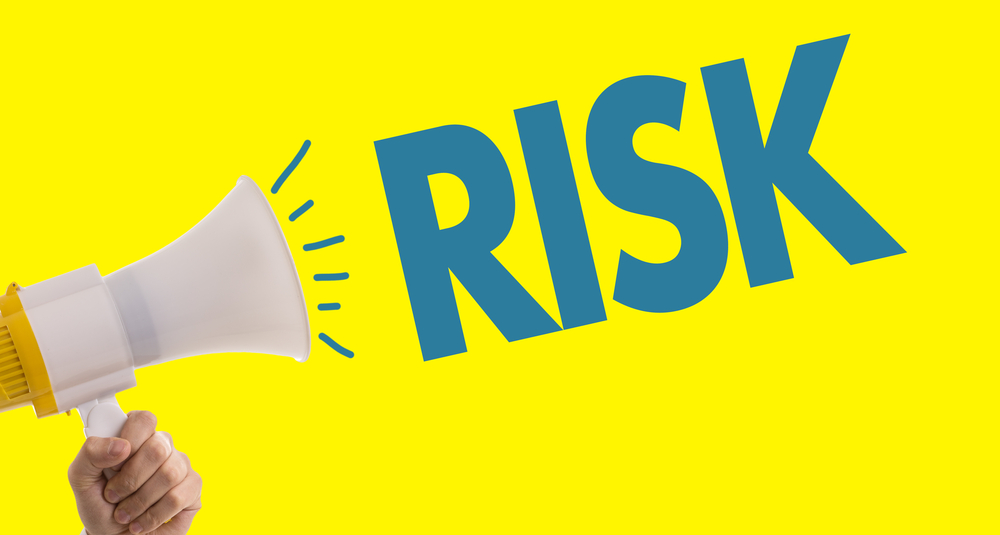Stand up for science and Ask for Evidence
Posted on 6th December 2013 by Chris Peters

There is no excuse for allowing false claims to go unchallenged. Everyday we’re bombarded by claims about what is good for our health, bad for the environment, how to cut crime or improve our children’s education. Some are based on reliable evidence and scientific rigour, but many are not. How can we tell the difference? And more importantly, how can we make sure companies, politicians, commentators and official bodies are held to account for the claims they make? If we are expected to buy their products, believe their claims or vote for them, they should expect to be asked for the evidence to back up their claims.
The Ask for Evidence campaign says that everyone – every consumer, citizen and patient – should ask for evidence for the claims they come across. The more of us who ask for evidence, the more each company, politician, exaggerating scientist, advertiser or journalist will expect to be asked for it.
The campaign has so far seen people ask Marks & Spencer for the evidence behind its MRSA resistant pyjamas; ask Planet Organic for the evidence behind wheatgrass detox claims; ask the health department about rules for Viagra prescriptions; ask for the studies behind treatments for Crohn’s disease, and hundreds more. As a result, non-evidence-based claims, products and courses are already being withdrawn.
Sense About Science is proud to be partnering Students 4 Best Evidence and we look forward to working together to Ask for Evidence and helping to promote an evidence-based approach in all walks of life. Our Voice of Young Science (VoYS) network also brings together a group of active early career researchers who have been standing up for science by debunking ‘detox’, pressured the WHO to condemn the promotion of homeopathy for the treatment of serious diseases and getting inaccurate CBBC News webpages on GM removed. Students 4 Best Evidence members are precisely the sort of people who can, alongside VoYS, take the lead by asking for evidence for the claims they come across.
If we want Ask for Evidence to stick, if we want to really make a difference, create a culture change and hold people to account then we need your help. All of you are already talking about evidence-based health care and the importance of having good evidence. But we know there are hundreds of claims for cures and treatments for medical conditions that prey on the vulnerable and offer nothing more than false hope. If we don’t ask for evidence, people and companies will continue to get away with making misleading claims. So next time you see a claim – Ask for Evidence.
Click here to read student contributor Lucy’s blog for Sense About Science.




No Comments on Stand up for science and Ask for Evidence